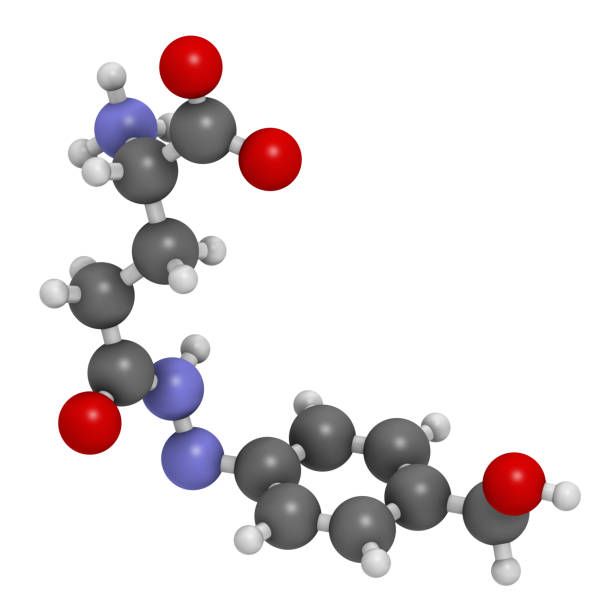Introduction
Sulfates have become a buzzword in the beauty industry, often surrounded by debates and discussions. These chemicals, known for their effective cleaning properties, are commonly found in a wide range of beauty products. In this article, we delve into the world of sulfates, examining their nature, uses, and the controversies surrounding their safety. Our journey will take us through scientific perspectives, consumer experiences, and expert insights, providing a comprehensive understanding of sulfates in beauty products.
I. Understanding Sulfates
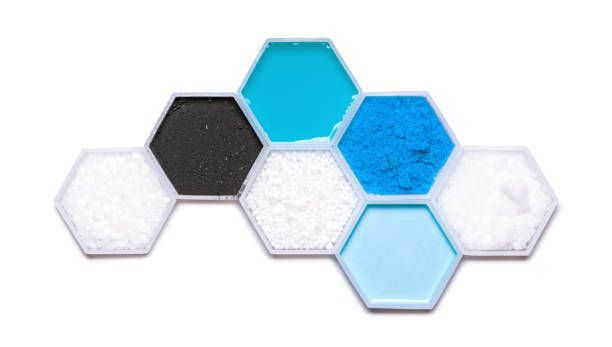
What are Sulfates?
Sulfates are a category of chemicals known for their strong cleansing abilities. Chemically, they are surfactants, which means they can trap and lift away dirt and oils from surfaces, including skin and hair. The most common sulfates found in beauty products are Sodium Lauryl Sulfate (SLS) and Sodium Laureth Sulfate (SLES). Their molecular structure allows them to interact with both water and oil, making them effective in removing grime and impurities.
The Role of Sulfates in Beauty Products
The primary role of sulfates in beauty products is to cleanse. By creating a lathering effect, they not only clean but also provide a sense of thorough cleaning and freshness. This is why sulfates are prevalent in products like shampoos, body washes, and facial cleansers. Their ability to remove oil and dirt effectively makes them a popular choice in the formulation of these products.
II. The Debate Over Sulfate Safety
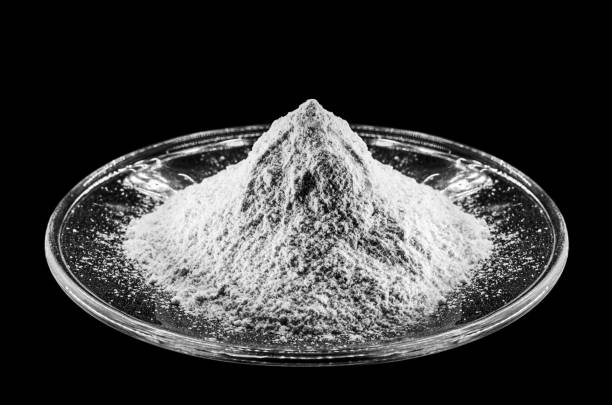
The Case Against Sulfates
Concerns about sulfates largely stem from their potential to cause skin irritation and allergic reactions. Sensitive individuals often report redness, dryness, and itchiness after using sulfate-containing products. Moreover, some studies suggest that prolonged exposure to high concentrations of sulfates may be harmful, leading to more severe skin conditions. This has fueled the debate about their safety in personal care products.
The Defense of Sulfates
However, not everyone agrees that sulfates are harmful. Many argue that when used in regulated amounts, sulfates are safe and effective. Regulatory bodies like the FDA and the EU have guidelines that permit the use of sulfates in beauty products, provided they are used within safe concentration limits. This regulatory approval forms a solid basis for the defense of sulfates in the beauty industry.
III. Consumer Experiences and Concerns
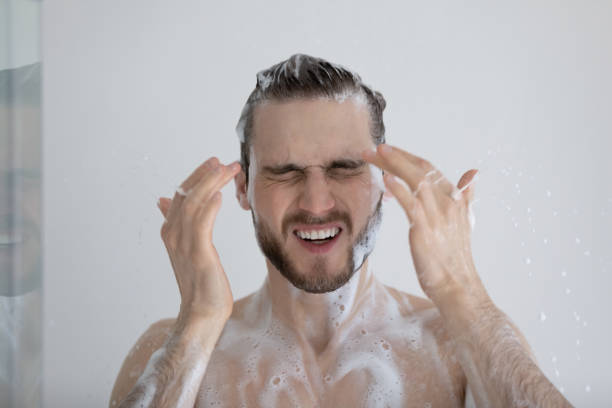
Personal Stories and Anecdotes
Personal experiences with sulfate-containing products vary widely. Some individuals report adverse reactions such as scalp irritation or skin dryness, while others use these products with no adverse effects. These varied experiences contribute to the ongoing debate about the safety of sulfates.
Surveying Consumer Attitudes
The perception of sulfates among consumers is evolving. Surveys and studies show a growing concern about the influence of the use of sulfates on buying behaviors. Many consumers now actively seek out sulfate-free products, indicating a shift towards more ‘natural’ beauty options.
IV. Expert Opinions and Recommendations
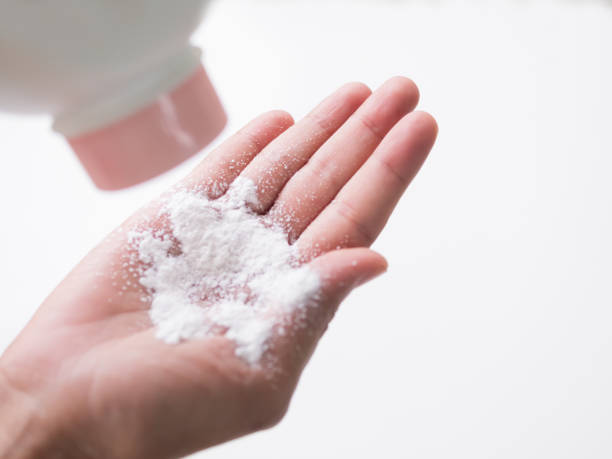
Dermatologists and Chemists Weigh In
Dermatology and chemistry experts offer varied perspectives. While some caution against potential irritants, others emphasize the safety of sulfates when used correctly. Interviews and quotes from these professionals provide invaluable insights into how to approach sulfate-containing products.
Navigating Beauty Choices
Making informed beauty choices involves understanding product labels and ingredients. Experts recommend being aware of the concentration of sulfates in products and choosing options suitable for one’s skin and hair type. This knowledge empowers consumers to make choices that align with their personal health and beauty goals.
V. Alternatives to Sulfates

Natural and Sulfate-Free Options
In response to consumer concerns, the beauty industry has seen a surge in sulfate-free products. These alternatives often utilize milder surfactants like Cocamidopropyl betaine or decyl glucoside, which are gentler on the skin and hair. The benefits of these sulfate-free options include reduced risk of irritation for sensitive individuals and less environmental impact. However, they may sometimes offer a different level of lather and cleansing efficiency than their sulfate-containing counterparts. This trade-off is something consumers should consider when selecting products.
DIY Beauty Solutions
For those inclined towards natural remedies, DIY beauty solutions present an appealing option. Recipes for homemade shampoos, conditioners, and washes often use ingredients like castile soap, essential oils, and natural moisturizers. While these homemade solutions are free from sulfates and customizable to individual preferences, their effectiveness can vary. Additionally, safety is a consideration, as improper formulations can lead to skin irritations or ineffectiveness.
VI. The Future of Sulfates in Beauty Products

Emerging Research and Trends
Recent scientific research continues to investigate the effects of sulfates, contributing to an evolving understanding of their impact. Concurrently, the beauty industry is experiencing a trend towards natural and organic products, influenced by consumer demand for cleaner and more transparent ingredient lists. This shift is indicative of a broader move towards sustainability and health-consciousness in personal care.
Predictions and Projections
Experts in the field predict a continued focus on sulfate alternatives in the coming years, driven by both consumer preference and potential regulatory changes. While sulfates may be partially phased out, their use is likely to become more targeted and regulated. The industry’s trajectory suggests a more balanced approach, where consumer choice and product safety are paramount.
VII. Rethinking Beauty Choices: A Conclusion
In conclusion, the journey through the world of sulfates in beauty products reveals a landscape marked by scientific debate, consumer concern, and industry adaptation. From the varied experiences with sulfates to the burgeoning array of alternatives, it’s clear that personal choice and informed decision-making are essential. As we continue to navigate this evolving terrain, staying abreast of the latest research and trends is crucial for making choices that align with our health and beauty ideals.
VIII. FAQ Section
1- What are sulfates in beauty products?
|Sulfates| are chemicals used as surfactants in beauty products, known for their cleansing and lathering properties.
2- Why are sulfates controversial?
|Sulfates| are debated for their potential to cause skin irritation and allergic reactions in some individuals.
3- Are sulfate-free products better?
Sulfate-free products are often gentler, making them a preferred choice for sensitive skin, though they may vary in cleansing efficiency.
4- Can I make my sulfate-free beauty products?
Yes, there are many DIY recipes for sulfate-free products, but effectiveness and safety should be considered.
5- How do I identify sulfates in product ingredients?
Look for ingredients like Sodium Lauryl Sulfate (SLS) or Sodium Laureth Sulfate (SLES) on labels.
6- Are natural beauty products always sulfate-free?
Not necessarily. It’s essential to read the ingredient list, as some natural products may still contain sulfates.
7- Do sulfates cause hair damage?
Sulfates can strip natural oils from hair, potentially leading to dryness or damage, especially in sensitive individuals.
8- Are sulfates harmful to the environment?
Some sulfates can be harmful to aquatic life, and their environmental impact is a topic of ongoing research.
9- Will sulfates be banned in the future?
While a complete ban is unlikely, regulatory changes might limit their use or concentration on beauty products.
10- Where can I learn more about sulfates?
Look for scientific journals, credible health and beauty websites, and regulatory body publications for in-depth information.
Other articles to learn more about sulfates
- kiehls.com What Are Sulfates? The Kiehl’s Guide To Sulfate-Free Skin and Haircare
- goodhousekeeping.com What Is Sulfate-Free Shampoo — And Do You Actually Need to Use It?

